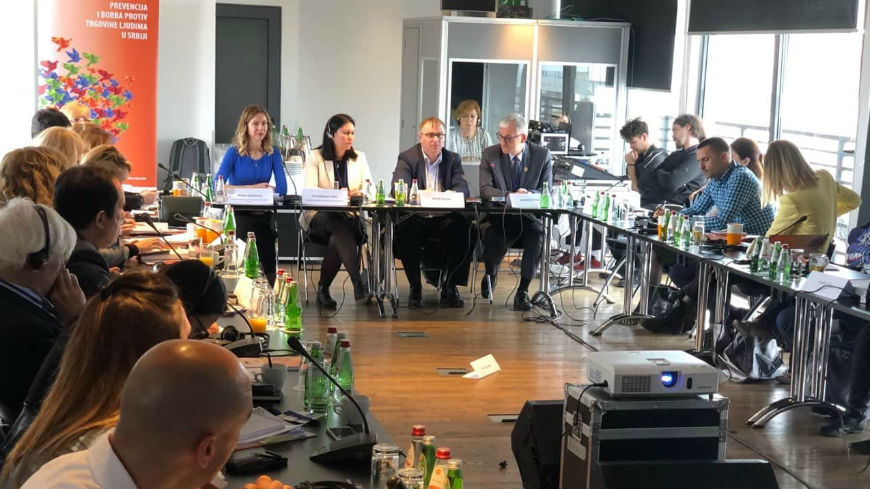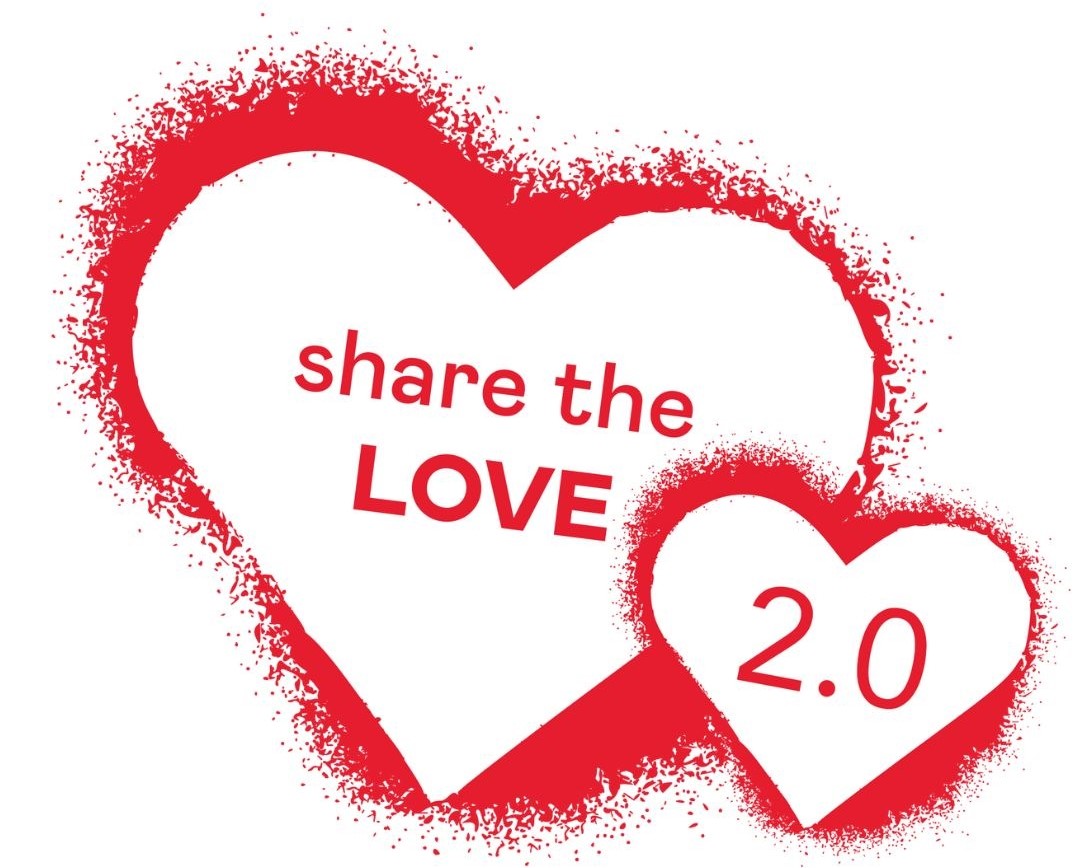Serbia has been identified primarily as a country of origin of victims of trafficking in human beings and internal trafficking has continued affecting an important number of people in recent years. For example, the Centre for Human Trafficking Victims’ Protection identified 76 victims of human trafficking in 2018, out of which 71 were of Serbian nationality. Notable steps have been taken over the previous three years with the aim to combat trafficking in human beings in Serbia - this was a conclusion of today’s final conference of the joint European Union/Council of Europe action on “Preventing and combating trafficking in human beings”, held in Belgrade.
“Co-operation with the Council of Europe and its Group of Experts on Action against Trafficking in Human Beings (GRETA) was always of great importance for Serbia, as well as recommendations received trough GRETA evaluation reports. I am pleased that we have succeeded within this project, with joint efforts and co-operation of institutions and civil society organisations, to implement those recommendations trough practical activities and accomplish tangible results”, said Mitar Djuraskovic, National Anti-trafficking co-ordinator.
The meeting took stock of the results of the action and Gerhard Salzer, task manager in the Delegation of the European Union to the Republic of Serbia noted in that regrad that “this project is a perfect example of the support and complementarity with other important fields of intervention, but also of how to tackle important topics in a multidisciplinary way”.
As Irina Sahakyan Vetter, the Deputy Head of the Council of Europe Office in Belgrade pointed out, preventing trafficking in human beings, prosecuting perpetrators and protecting the victims is only possible through building strong partnerships among many anti-trafficking actors. “The inclusive approach that you took in your programme, with a focus on research and analysis, exchange of good practices among national and transnational experts and building networks among all anti-trafficking actors really paid off and rendered some very impressive results”, she concluded.
The action on “Preventing and combating trafficking in human beings in Serbia” has been created to support the national authorities in implementing certain recommendations resulting from the monitoring by the Group of Experts on Action against Trafficking in Human Beings. As a unique initiative, it has in particular focused on preventing and combating human trafficking for the purpose of labour exploitation and it was implemented in co-operation with the State Labour Inspectorate, National Anti-trafficking Co-ordination Office, Centre for Human Trafficking Victims’ Protection, Police, Prosecutors, CSOs Astra and Atina and other key anti-trafficking actors.
Over the previous three years, half of the labour inspectors in Serbia were trained for the first time on prevention and combating trafficking in human beings for labour exploitation and have been equipped with necessary tools for detecting and preliminarily identifying victims, as well as helping them.
On 23 May 2019, the current phase of the action will come to an end and the final conference was a good opportunity to reflect on results and discuss challenges to be tackled in the future. The event gathered representatives of the beneficiary institutions directly involved in the implementation of this joint action, such as the line ministries and the State Labour Inspectorate, as well as civil society organisations.
The action on “Preventing and combating trafficking in human beings in Serbia” is part of the joint programme “Horizontal Facility for the Western Balkans and Turkey”, co-funded by the European Union and Council of Europe, and implemented by the Council of Europe.



